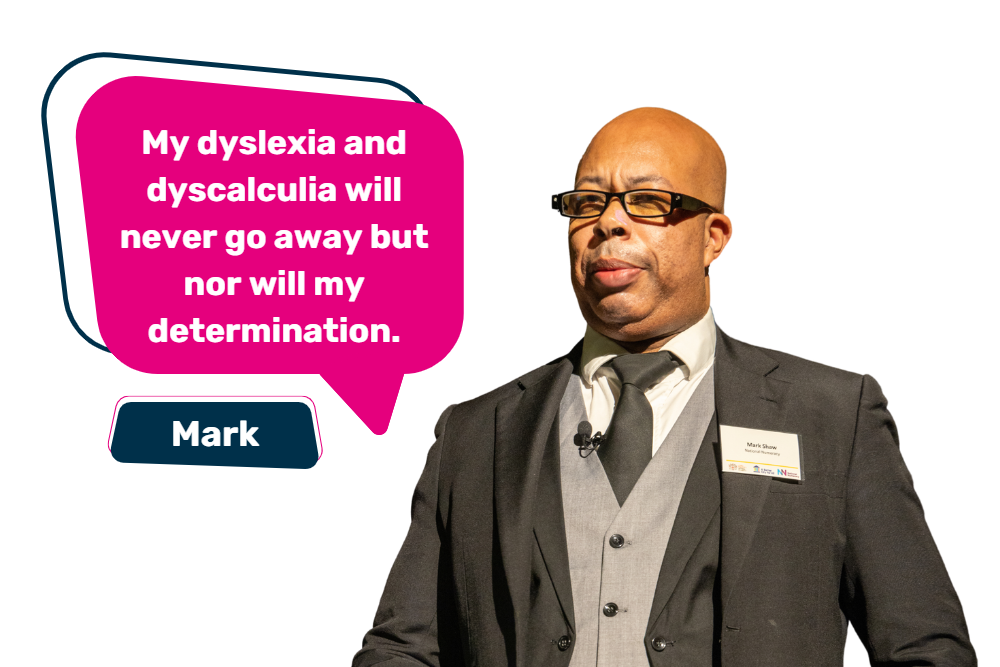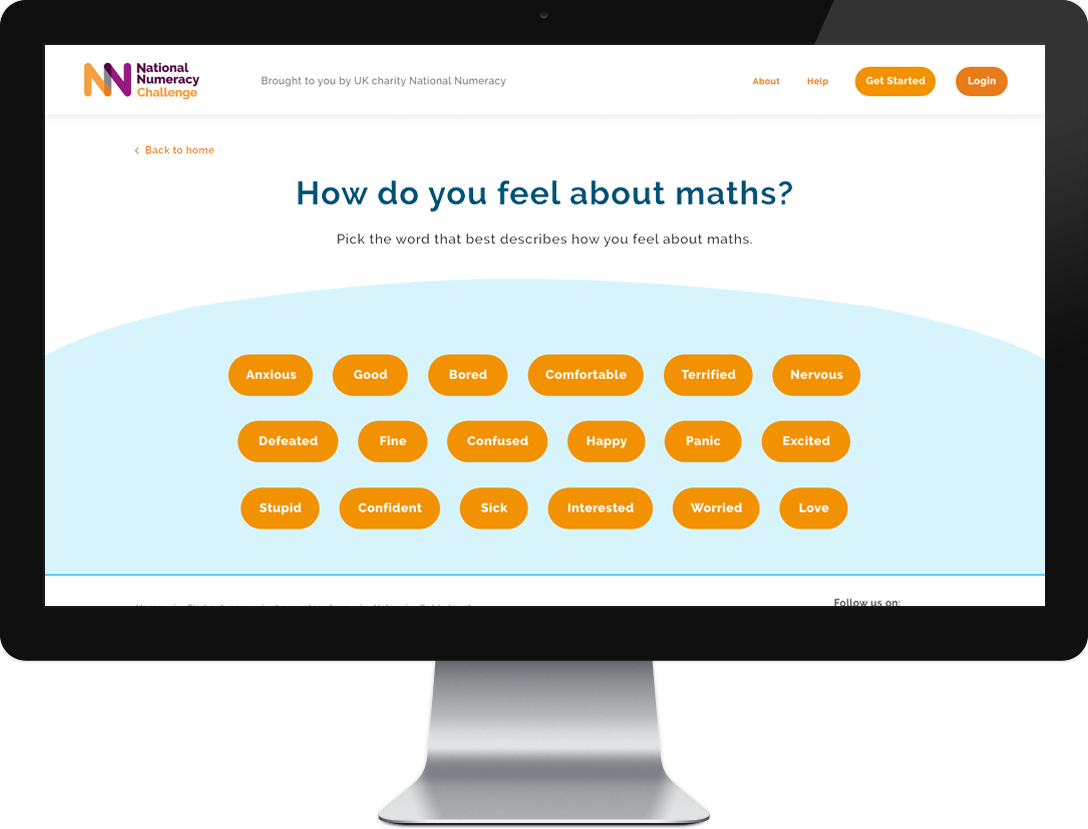When I was at school, my careers teacher said: "I think you should be a carpenter, like Noah,” not because he thought I was destined for greatness, but because he thought I should focus on doing something with my hands like construction, but I knew that wasn’t for me.
I loved science, especially physics, but found it very difficult to match, sequence and process information. I struggled with numbers and formulae – it was as if the words disappeared off the page. I did extra schooling on Saturdays but the label of being dumb followed me there.
The only way I could cope was to stick my head in the sand and accept that what they said was true: I was a dumb and lazy child who just wanted to watch TV. What they didn’t know was that my favourite TV programmes were documentaries and Open University – I loved learning.
I was also labelled a naughty boy, but I wouldn’t have described myself as such. I enjoyed breaking things then fixing them. I once blew up my mum’s shed – as she often reminds me!
Hiding learning difficulties
I was always told: ‘This is what you’re going to be, nothing more,’ but I rebelled against that idea and refused to accept it. If you delve a little deeper, you’ll often find that a young person isn’t naughty. In my case, I had dyslexia and dyscalculia, but I went to college and university and found out that in fact I had a high IQ. Even so, I drifted from job to job because I didn’t believe in myself, and I never told employers what difficulties I had.
I taught maths and English at TBG College in Lambeth – where I struggled as I didn’t want them to know about my learning difficulties – and then went on to work in payroll, constantly using maths, dealing with lots of money and totting up hours. It was a huge responsibility and I realised that maths is not all about what you’re taught in school.
Taking a step up
I found out about National Numeracy’s Becoming a Numeracy Champion course at City Gateway, a charity in London I now work for. We support young people aged 16 to 24 from across London and get them into traineeships or apprenticeships.
When I first heard about the National Numeracy Challenge, I thought: “Oh no! I hate maths,” but then I thought: “I’ve got to take this step up. I can’t keep burying my head in the sand.”
Then I assessed myself and realised I was using maths every day because I developed PowerPoint games for students, which involve maths. I once developed a game like the TV show, The Cube. It was all to do with maths and all the students loved it. I said: “Do you know you’re using your times tables, adding and subtraction, timing, understanding of shapes and so on?” I thought if they could do it, I should step up to the plate too. So I did the National Numeracy Challenge, and my results weren’t that bad.
Twenty years ago I would have said I hated maths, whereas 10 years ago I was teaching it and found it challenging. Now I would say I’m self-developing.
It’s still a challenge because I’ve got dyscalculia, but I’ve also realised that I’ve achieved so much over the years from standing up and dealing with these challenges.
Relating maths to the real world
I don’t see students understanding maths unless it relates to their world. I once worked at Feltham Prison and met a lot of boys there who said they couldn’t do the maths. I would ask them how much their trainers cost, and they might say £150. Then we’d look online and work out how much it cost to make the shoes and advertise them, and how much profit the brand was making, so then they could understand it and figure out what they were really paying for.
Becoming a Numeracy Champion at City Gateway enabled me to encourage people to chase their dreams. This includes looking at things like budgeting, salaries, life skills and maths games to enhance learning so that maths isn’t a barrier but just a hurdle to overcome. If you do fall, it’s about getting back up. Maths is a universal language we can all learn.
Once I learned the techniques, it was like a light switching on.
I recently said to the young people: “Never judge yourself. You know in yourself what you’re capable of, so take up challenges because that’s the only way you’re going to grow. Don’t believe other people’s opinions, go and do it yourself.”
Transforming lives through confidence and empowerment
Numbers never leave you – whether you’re fixing a shelf, looking after your family or lifelong learning – we all have to do it. My dyslexia and dyscalculia will never go away but nor will my determination. I buried my head in the sand for 30 years or more, but problem-solving and learning are possible and I’m now a coaching manager at City Gateway.
Maths can transform people’s lives. It changed mine and has given me confidence, and now I empower others.






